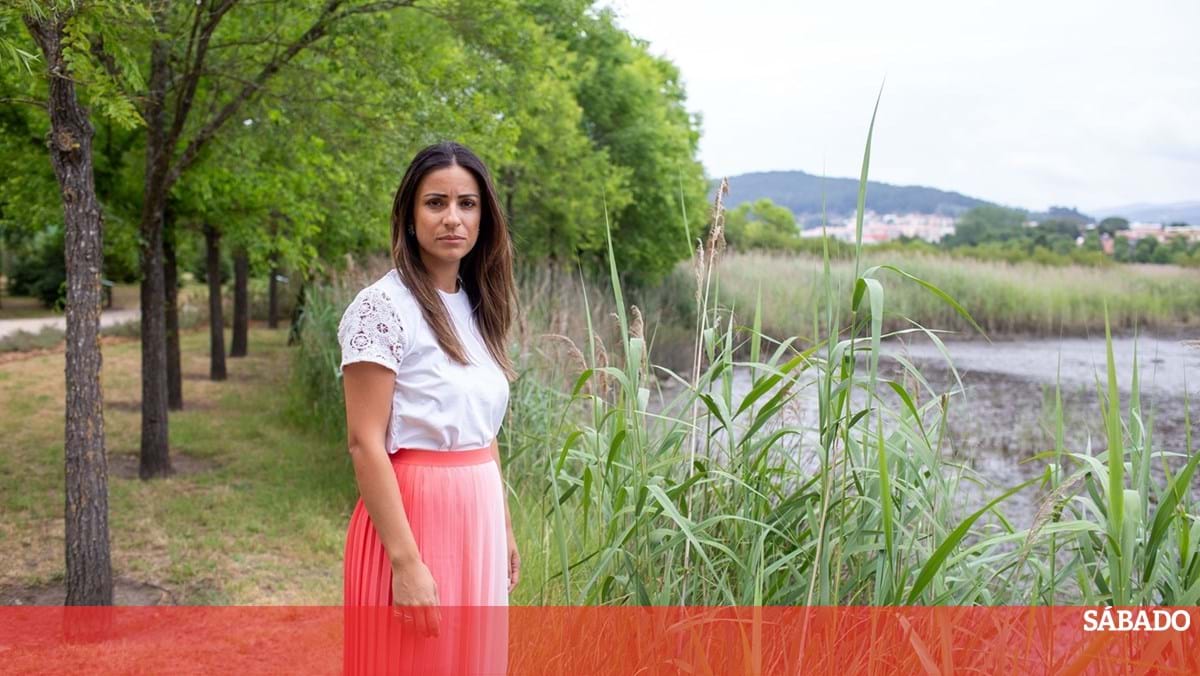Sora’s sensitivityPollen usually starts in March, but this year it appeared a month early. It gets worse on windy, sunny and dry days. It all starts with a stuffy nose, then sneezing, runny nose, itchy and watery eyes. “The symptoms worsen with the advent of spring and with the rains they weaken. I try to avoid exposure to mites, pollen and olive trees, but this is not always easy,” says Soraya, 39, a psychiatrist. This year everything got worse because of climate change, explains Daniel Machado, an immunologist. “With climate change and an increase in atmospheric temperature, the pollination cycles of plants are becoming longer, which means that patients experience symptoms for a longer and faster period,” explains the specialist.
Sora’s sensitivityPollen usually starts in March, but this year it appeared a month early. It gets worse on windy, sunny and dry days. It all starts with a stuffy nose, then sneezing, runny nose, itchy and watery eyes. “The symptoms worsen with the advent of spring and with the rains they weaken. I try to avoid exposure to mites, pollen and olive trees, but this is not always easy,” says Soraya, 39, a psychiatrist. This year everything got worse because of climate change, explains Daniel Machado, an immunologist. “With climate change and an increase in atmospheric temperature, the pollination cycles of plants are becoming longer, which means that patients experience symptoms for a longer and faster period,” explains the specialist.
But the consequences don’t stop there. “More than half of the patients with pollen allergy experience symptoms this year,” explains physician Daniel Machado. In addition, in the month of May alone, it treated more than 30 new cases of users with respiratory illnesses. Immunologist Ana Castro Neves confirms this increase in demand for her consultation. There is even scientific research to support the exacerbation of this situation.
A study conducted by the University of Utah in the United States confirms the trend in recent years. According to researcher William Anderig, an associate professor in the Utah State College of Biological Sciences, climate change is causing pollen concentrations to increase by about 20%. And there’s more: Allergy season starts earlier than it used to and continues for another week. Higher temperature tends to increase pollen production in plants. Climate change means that pollen seasons start about 20 days earlier than in the early 1990s, and there is about 20% more pollen in the air. “
In addition to these changes, physician Daniel Machado adds another factor: the pandemic. “This spring, patients are showing more symptoms than in previous years, but we must remember that we just got out of a pandemic in which we wore masks for years. Some periods we wore a mask outside, which means people with pollen allergies were More protected. Therefore, patients, in 2020 and 2021, had fewer symptoms. However, last year there was already an increase in allergy patients and this year it is even more significant, “he explains.
Restrictive disease
What is certain is that it tends to get worse, as immunologist Ana Castro-Neves explains. “Allergic disease has increased. It is estimated that by 2030 about 50% of Europeans will suffer from some type of allergic disease. In recent decades, allergic diseases have increased as well as their severity. Meteorological conditions are fundamental, as symptoms arise from genetic susceptibility and the individual’s interaction with the environment “.
What is expected is that more and more people are living like Soraya Alboim, who has been suffering from allergies since she was 16 years old. Allergy sufferers, like me, live complex, finite days. I went to work several times with difficulties, my nose was stuffy, sneezing, itchy, watery eyes,” he says. He mentions that medications that help with allergies often make him sleepy and have headaches.
Until I managed to improve my allergy symptoms, it was trial and error between treatments and medications. Today he no longer suffers so much and feels that people have become more understanding. “Society is more aware of the effects of the disease,” Surya says. However, allergies continue to negatively affect quality of life. Experts say it can appear at any age, and symptoms tend to persist and get worse over time. These are chronic diseases and high temperatures seem to complicate everything.
On difficult days
Start with the simplest – avoid high-pollinating areas and stay indoors, with door and windows closed, when pollen counts are high or on hot, dry or windy days.
Use particulate filters in cars and travel with windows closed.
Bet on wearing sunglasses on the street to protect your eyes. Avoid mowing the lawn, gardening, and hanging clothes to dry indoors.
“It is estimated that by 2030 around 50% of Europeans will suffer from some type of allergic disease”
Ana Castro Neves
Find it out to
Editions today

“Wannabe internet buff. Future teen idol. Hardcore zombie guru. Gamer. Avid creator. Entrepreneur. Bacon ninja.”

